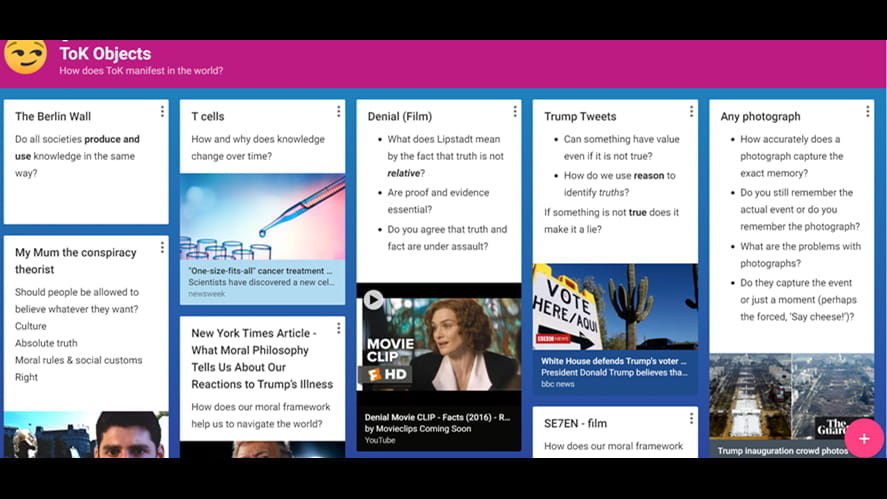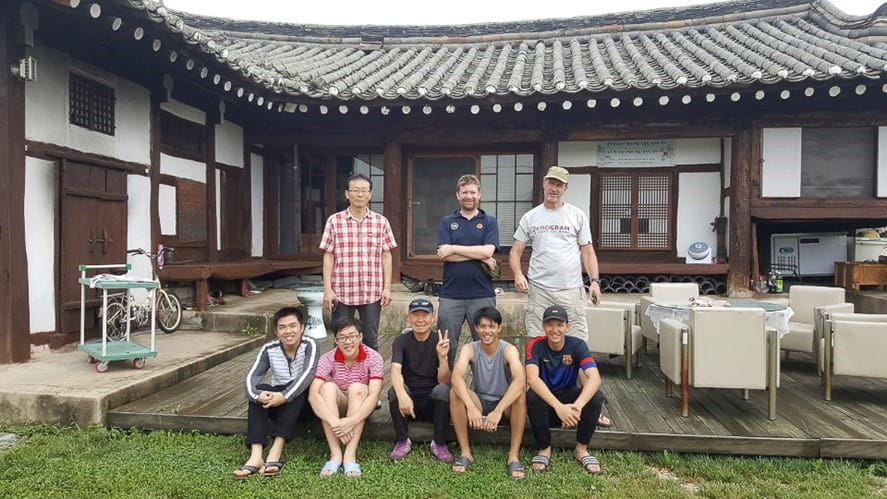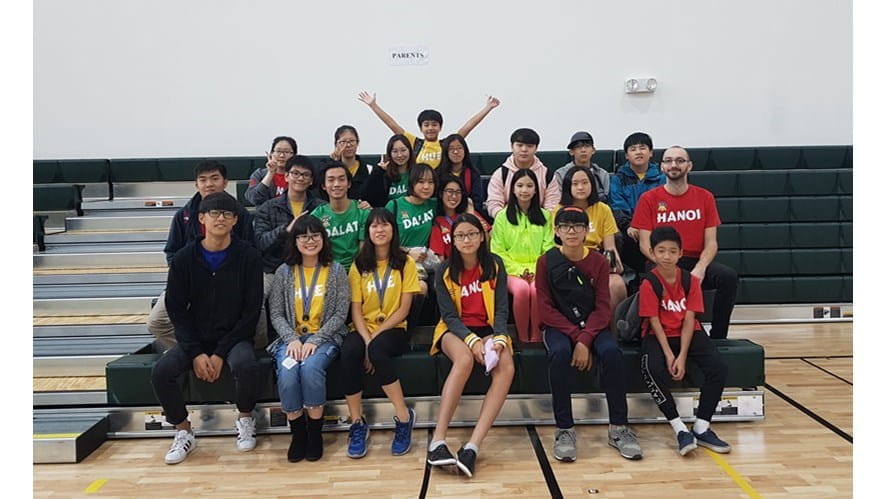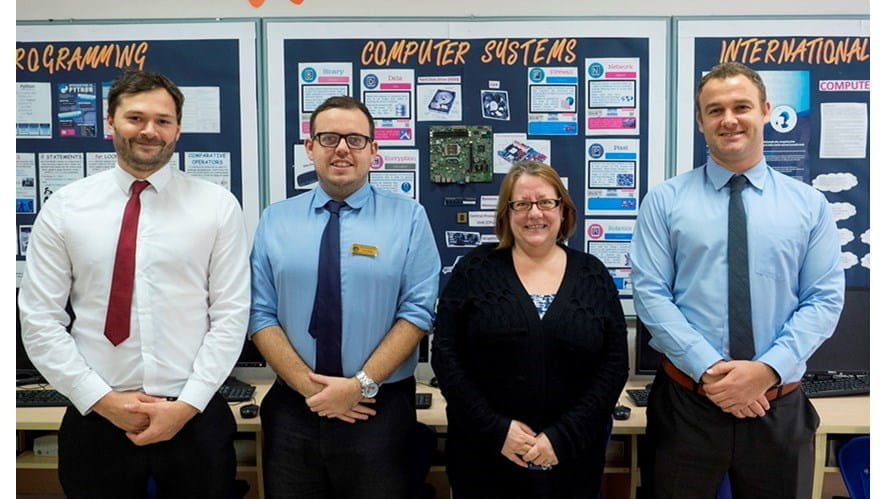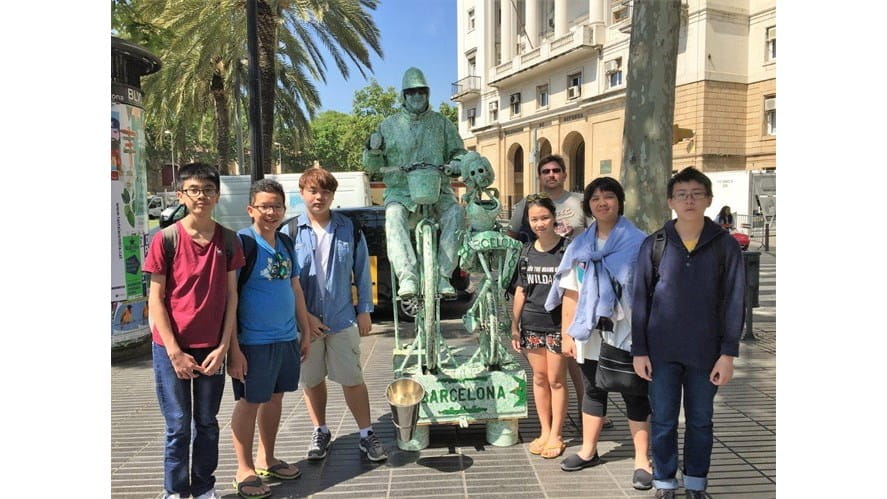An exciting year of change in the Theory of Knowledge
In Theory of Knowledge (ToK), we challenge our students and teachers to take a step back from their subjects and examine their knowledge critically. Simply put this means to ask ‘how do we know what we know?’ This can seem a daunting task where students are required to peel back the layers of their knowledge to examine the deeper roots of how they have acquired their world view. The result of this over the two years is far more critical and reflective thinkers.
In Theory of Knowledge (ToK), we challenge our students and teachers to take a step back from their subjects and examine their knowledge critically. Simply put this means to ask ‘how do we know what we know?’ This can seem a daunting task where students are required to peel back the layers of their knowledge to examine the deeper roots of how they have acquired their world view. The result of this over the two years is far more critical and reflective thinkers.
This has been an exciting year of change in the Theory of Knowledge. Our Y13 students began the year by preparing their presentations based on a knowledge question, such as ‘To what extent should reason as opposed to intuition be favoured?’ and ‘To what extent do emotion and reason create censorship?’. This required them to delve deeper into modern-day situations such as the discovery of Aspartame and the Kevin Hart Oscar scandal to investigate how these reflect what we know around us. The Y13s also went on to produce essays on questions such as “Labels are a necessity in the organization of knowledge, but they also constrain our understanding.” and “Statistics conceal as much as they reveal.” It can be safely said that the Y13s were challenged and experienced a mental-jungle-gym in putting together their ideas, which required them to be original and critical thinkers.
Meanwhile, in Year 12 the new ToK syllabus was launched. This posed the same question ‘How do we know what we know?’ and we have approached this by launching a number of ‘big questions’ that strive to engage students with issues such as, ‘How does our knowledge about the world inform the way we construct our values?’ and ‘How is our understanding of the world influenced by the way knowledge is communicated?’ At the moment our students are putting together their exhibitions, in which they exhibit objects that show how ToK reveals itself in the real world. For example, if we ask ‘How might the context in which knowledge is presented influence whether it is accepted or rejected?’ then we might show this through songs that have been written by artists later convicted of crimes. Or we might use the film Denial to discuss whether or not the truth is relative. Over the next few weeks, we are looking forward to seeing these manifest into our exhibition in May.
Sophie Peters
History Teacher / TOK Coordinator

